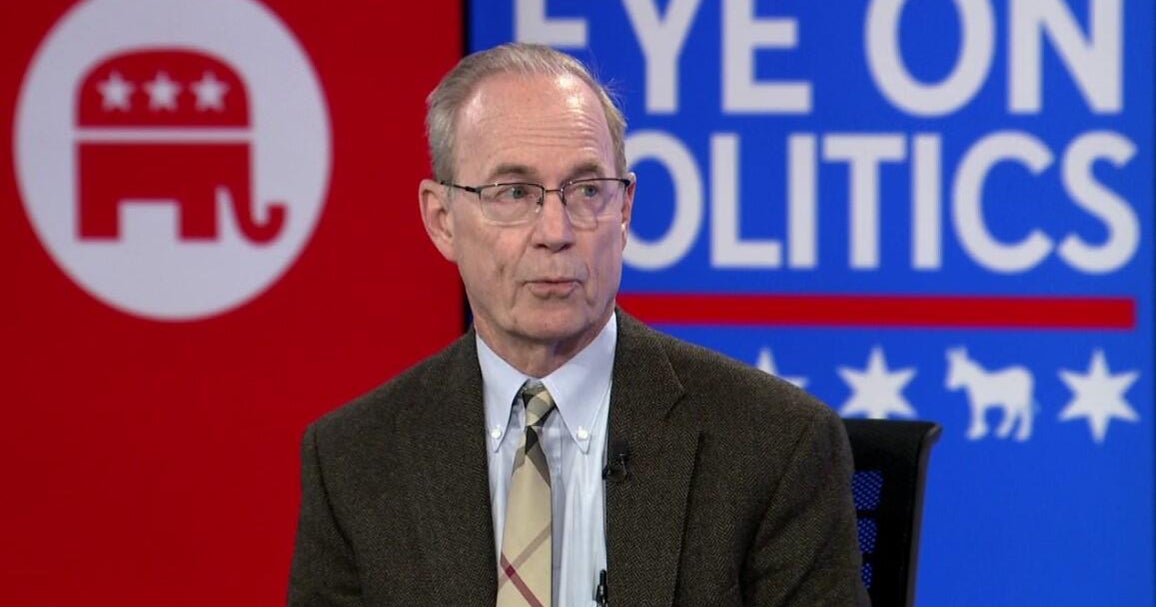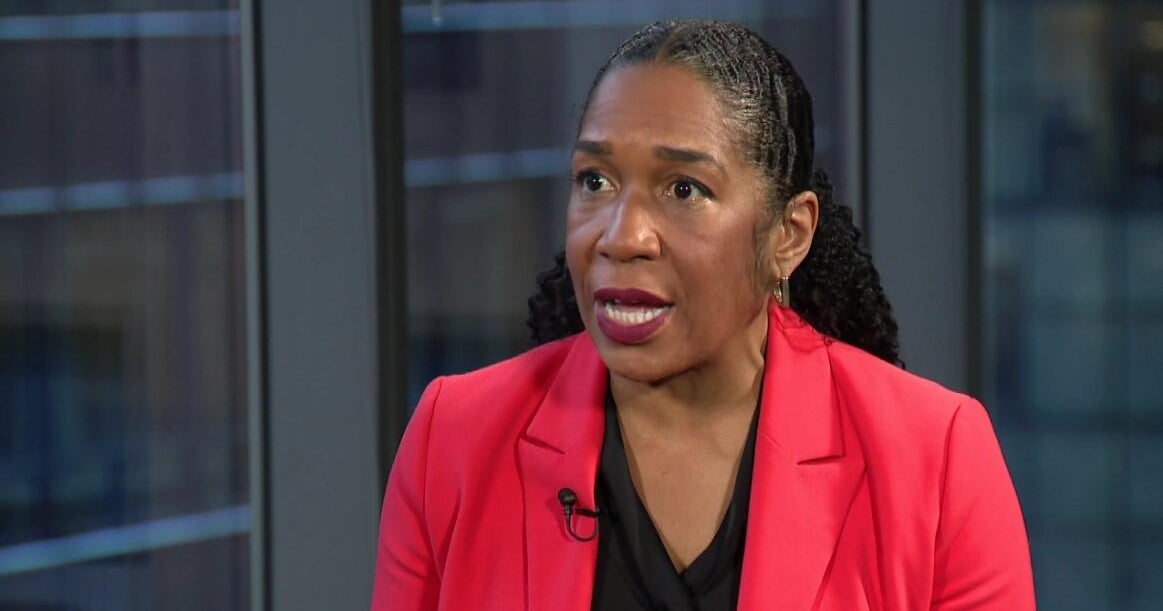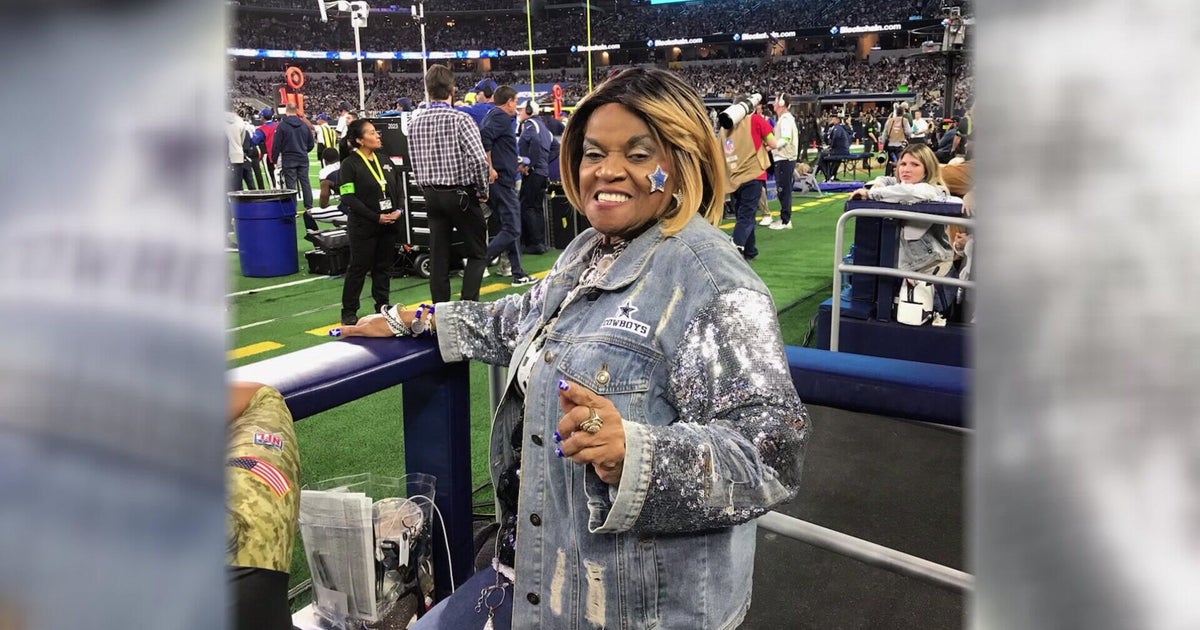Eyeball Wars Heat Up In Senate
Follow CBSMIAMI.COM: Facebook | Twitter
TALLAHASSEE (NSF) – Capitol insiders may have thought they'd seen the last of eye wars, which for years were a perennial fight between optometrists and ophthalmologists over scope-of-practice issues.
But a new twist, with new players, in the turf battle over eye care surfaced Monday in a debate about contact-lens prices that pitted a former Senate president against the current Senate majority leader.
The issue focuses on whether contact-lens manufacturers should be able to set minimum prices --- known in the industry as "unilateral pricing policy," or UPP --- for their products.
Senate Appropriations Chairman Tom Lee, a former Senate president who wields considerable clout as he presides over the upper chamber's budget, is backing a measure that would do away with the pricing restrictions, which contact-lens discounters say are anti-competitive and could cost Florida's 2.1 million contact-lens wearers an extra $125 million a year.
Manufacturers counter that pricing standards have reduced costs for contact-lens wearers and are commonly used for other products, such as Apple iPads.
Both sides have assembled a who's who of lobbyists to campaign for or against the proposal (SB 1400), which was approved in a 6-3 vote Monday by the Senate Health Policy Committee.
Influential Tallahassee lobbyist Marc Reichelderfer, a GOP strategist representing 1-800-CONTACTS, is leading the effort to do away with the pricing policies. He's cobbled together a team of more than a dozen lobbying powerhouses, including Rich Heffley, Brecht Heuchan, Missy Timmins and Richard Coates.
Johnson & Johnson, a manufacturer targeted in several lawsuits for its price-setting policies, is represented by Matt Bryan and colleagues, including Jeff Hartley and David Daniel, and the prominent lobbyist Nick Iarossi and several of his Capital City Consulting associates. Joining the manufacturers are the optometrists, represented by David Ramba.
People on both sides of the pricing policy use competing economic analyses to prove that it either works for or against consumers.
Optometrists --- most of whom also sell contact lenses --- write contact-lens prescriptions for specific brands. The price-setting by the manufacturers is aimed at inducing optometrists to write more prescriptions for their products and, critics say, to keep patients from going elsewhere to purchase their lenses.
The UPP "gives the optometrist the ability to improve his or her capture rate in the office," Johnson & Johnson's president Laura Angelini said last year in an interview widely distributed by opponents of the policy. "Now the patient has no incentive to shop around."
Proponents of the measure jetted in from as far as Las Vegas to plead with lawmakers to do away with the pricing structure, which online contact-lens sellers and discounters like Costco said are aimed at keeping consumers from shopping around for better prices.
"Our data on net cost showed dramatic increase to consumers," Cary Samourkachian, owner of lens.com, told the panel.
Denise Mogil, director of professional services for Costco Optical, told the committee that "if this bill passed, it would allow us to immediately lower our prices." Costco earlier this month filed a lawsuit in California against Johnson & Johnson challenging the pricing policy.
But Johnson & Johnson Manager of Pricing Strategy Eric Helms defended the policy.
"You're being asked to ban a business decision that has successfully reduced costs for 60 percent of Florida consumers since we implemented this policy last summer. We expect even more consumers to pay lower prices going forward as retailers continue to lower prices," he said.
And Helms also reminded the committee of his company's Sunshine State footprint.
"Johnson & Johnson has a long history in Florida. We have about 3,000 employees in the state. Our global headquarters for vision care is in Jacksonville. We have about 2,000 employees," Helms said, adding that the company recently approved a $100 million investment project at the Jacksonville facility.
After the testimony, House Majority Leader Bill Galvano said that his "serious concerns" about the bill caused him some discomfort, for a reason unrelated to eye care.
"It's never a comfortable position to oppose our appropriations chair but I guess the budget's already being printed somewhere," Galvano, R-Bradenton said.
But an obviously rankled Lee said he shared Galvano's uneasiness.
"It's equally as awkward. I've been in the Legislature for 12 years and I don't think I've ever had a Republican leader lobby against a Republican piece of legislation that I've filed," Lee, R-Brandon, said.
Galvano's objections included "stepping into litigation" already underway and the possibility the state's actions could be in conflict with federal law regulating interstate commerce.
The measure equates to "an attempt to take away the freedom that a manufacturer has to determine the value of his or her product," Galvano said.
"I can't participate in that type of new regulation or that type of divestment of an existing freedom," he said.
But Lee argued that, unlike Apple products, consumers can't choose which contact lenses they want to purchase because they are restricted to the brand in their prescription.
"Go buy another phone. You have consumer choice. Here's the problem. There is no other product … where the consumer is forced to buy that product and then is prohibited by law from shopping for the lowest price," Lee said. "In a free market society, sir, that is neither free, nor is it a market."
The eye-care industry was roiled for years by legislative and lobbying fights between optometrists and ophthalmologists about how much power optometrists should have to prescribe medications. A compromise reached in 2013 was hailed by then-Senate President Don Gaetz, R-Niceville, who declared that the "eyeballs wars have ended."
It remains unclear how long the contact-lens war will continue. A House companion (HB 1119) to Lee's bill has not been heard in committee yet, and Rep. Eric Eisnaugle, the measure's sponsor, acknowledged that passage this year might be difficult.
"It often takes more than a year to get a heavy lift through," Eisnaugle, R-Orlando, said.
The News Service of Florida's Dara Kam contributed to this report.







